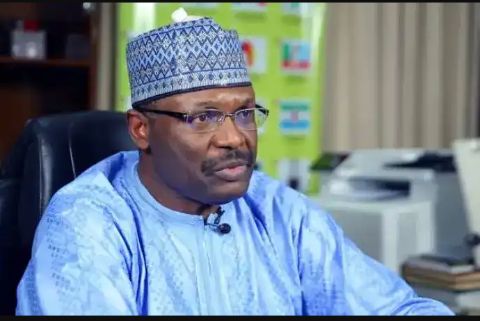At a press conference held at the Transcorp Hilton in Abuja on Monday, the European Union’s Electoral Observation Mission gave a preliminary report on its observations of Nigeria’s general election in 2023.
In his speech, the mission’s chief observer, Barry Andrews, revealed that there were 110 observers overall, including 96 short-term observers and representatives of the European Parliament as well as the mission’s 11 core team members.
He added that widespread allegations of vote-buying, voter misinformation, and a lack of preparation at crucial points in the electoral process all contributed to the poor quality of the elections.
Fundamental rights to assemble and move around were generally respected, but the latter was not fully exercised due to inadequate planning, security risks, and ongoing naira and fuel shortages. Vote buying was widely suspected, and various political officeholders abused their incumbency to tilt the playing field.
Read Also: Top 10: How To Ease Yourself From Post-Election Jitters
Overall, stakeholders had expressed trust in INEC’s impartiality, professionalism, and voter education efforts; however, this confidence had declined in the run-up to the elections.
On election day, trust in INEC was seen to further decline as a result of delayed polling processes and information gaps related to much-anticipated access to results on its Results Viewing Portal. INEC lacked effective planning and transparency during critical stages of the electoral process.
However, the implementation of the IReV and the Bimodal Voter Accreditation System (BVAS) for the elections in 2023 was seen as a crucial step in ensuring the legitimacy and integrity of elections.
There was a lack of information about the election technologies, a poor mock testing exercise, and a delay in technical personnel training reduced expectations and created room for rumor and uncertainty.
While praising voters for their voting participation, Andrew said that to avoid meddling in the election process, the EU would continue to monitor the tallying of votes as well as the March 11 governorship and state assembly elections. The EU would then present its final reports three months after the conclusion of the election processes.
“The mission will continue its operations until March 11 for the governorship and local state council elections, continuing to follow the ongoing process related to the presidential and National Assembly elections until it is concluded. Our mission will deliver a final report with recommendations, addressing issues, three months after the process is complete, he said.
In conclusion, affirmative action, such as quotas, is called for in the manifestos of the major political parties in Nigeria, according to the Head of European Parliament Delegates, Miss Evin Incir, who expressed concern that less than 10% of all candidates in the elections were women.
Source: Punch











